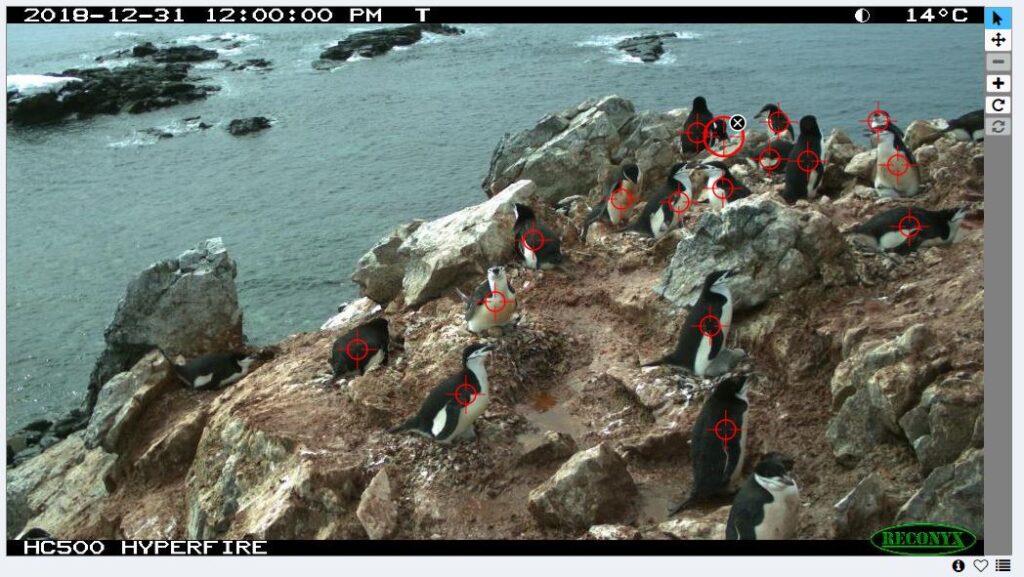The last 18 months have been tough on everyone, including our children. Each family had their own challenges: for mine, it was the UCAS personal statement as my son applied for university. No college meant no after-college activities. Closed shops meant no weekend jobs. Closed charities meant no volunteering. How could he stand out from the crowd? The answer came with online learning and volunteering.
As things return to normal, we’re finding that these are still great ways of building skills and knowledge, whether it’s for a UCAS statement or gaining career skills or simply if your school days are lost in the mists of time but you still want to learn. As Henry Ford said
Anyone who stops learning is old, whether at twenty or eighty. Anyone who keeps learning stays young.
Online learning
We started with a Massive Open Online Course (MOOC). Lasting weeks rather than years, MOOCs can be free and often have no formal entry requirements. Courses use online media – typically video lectures – so you can study at your own pace. There are online tests to assess your progress and you can chat on the forums with other course participants.
There are several sites offering MOOCs, but our go-to is Coursera. From Edinburgh to Melbourne, Tokyo to Yale, universities all over the world host courses on Coursera, from beginner to Masters level. Courses offered by commercial companies such as IBM, Google and Microsoft and organisations like The Museum of Modern Art offer job-relevant learning. Higher level courses and those offered by commercial partners are rarely free, but there are still over 1800 free courses on a myriad of subjects. Anyone fancy ‘Big History: Connecting Knowledge’, ‘Successful Negotiation: Essential Strategies and Skills’, ‘Science of Exercise’, ‘Astronomy: Exploring Time and Space’, ‘Our Earth’s Future’?
Online volunteering
For something lighter we turned to Zooniverse for some online volunteering. As they say themselves: ‘The Zooniverse enables everyone to take part in real cutting-edge research in many fields across the sciences, humanities, and more. The Zooniverse creates opportunities for you to unlock answers and contribute to real discoveries.
My son picked a project classifying gravitational waves – ripples in spacetime. Other projects range from identifying clouds, classifying whale vocalisations, transcribing information from architectural photography to capturing 19th-century tide gauge data from around the UK to study climate change and sea level rise. Personally, I love counting penguins in their Penguin Watch.


Leave a Reply